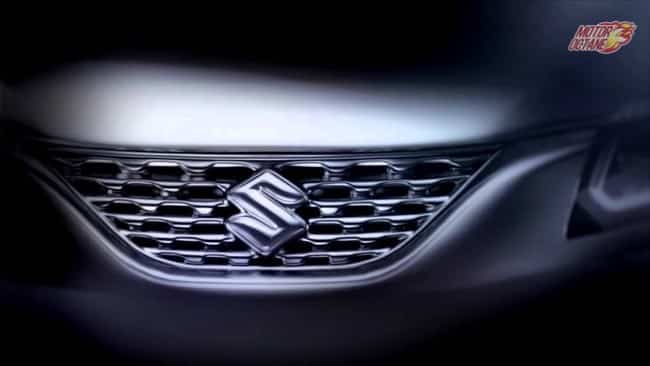Maruti Suzuki could be the biggest winner with the shift to BS VI emission norms

The government recently announced that to curb and reduce the ever growing pollution levels in India, they will implement BS VI stage norms directly by 2020 and skip the BS stage V altogether.
This shift has not been taken positivity by the industry stating that the price factor that would be added to the cost of diesel vehicles would not make them economical on the long run. There is also the fact that currently India does not have the infrastructure to manufacture and dispense BS VI stage fuel across the country.
According to Kotak Institutional Equities, it could lead to steep hike in prices for diesel passenger vehicles, leading to a higher number of petrol cars being sold.
This could prove to be a boon for India’s largest carmaker by volume, Maruti Suzuki.
“Maruti Suzuki will be the key beneficiary of the shift in demand to petrol vehicles from diesel vehicles,” said a strategy report by Kotak Institutional Equities.
Indian car segment today has a mix of petrol and diesel in the ratio 55:45, veering towards petrol. Out of this Maruti Suzuki has a 60 percent market share in petrol passenger vehicles and a 32 percent market share in diesel passenger vehicles.
On the side of the spectrum could be Mahindra and Mahindra that could be hit the hardest by this implementation, as it only sells diesel vehicles.
Although Mahindra has developed its own petrol engine which would soon be seen on KUV100, it is likely that diesel vehicles will remain the mainstay for Mahindra.
However, the report said that the cost of implementing the new norms might not very steep and will be manageable for both oil refineries and automakers.
“PSUs will be required to spend about Rs 28.8k crore to upgrade existing refineries for producing auto fuels with enhanced specifications. The refiners will require a premium of Rs 0.3/liter in auto fuels price to generate adequate returns on these investments,” the report suggested.
While the automotive industry was apprehensive of such a move because of non-availability of fuel, it has come to accept it as even Ministry of petroleum has come on board.
As for component industry , Bosch could be one of the biggest gainers of this shift in India, according to Kotak Institutional Equities reports. “Manufacturers will also need to make petrol engines more fuel-efficient as CO emission levels will also need to be controlled. This may lead to a shift towards gasoline direct injection engines. Bosch is a leader in gasoline direct injection technology and will be a key beneficiary.”

Comments